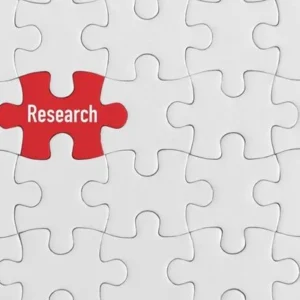WWF and IKEA have renewed their global partnership for another five years, building on more than two decades of collaboration aimed at protecting natural resources and transforming business practices. Since 2002, the partnership has demonstrated that working with businesses can drive meaningful global change, delivering measurable benefits for both people and the planet.
Over the past 20 years, the collaboration has achieved significant milestones in forest protection, cotton farming, and freshwater conservation. The partnership has strengthened forest policies and promoted market transformation toward responsibly sourced wood, with over 75% of virgin forests in the Carpathian region now protected. This work also supported IKEA’s 2020 goal of sourcing 100% of its wood from FSC-certified or recycled sources.
In agriculture, WWF and IKEA have pioneered sustainable cotton farming practices, training over 400,000 farming families in climate-smart and regenerative techniques in India and Pakistan. These efforts have reduced greenhouse gas emissions and empowered more than 10,000 women with new skills. The partnership has also advanced freshwater conservation, informing IKEA’s water agenda and supporting initiatives to restore hundreds of thousands of kilometers of rivers and millions of hectares of degraded wetlands by 2030.
Looking ahead, the renewed partnership will continue its focus on forests and freshwater while expanding sustainable agriculture efforts to commodities such as beef, leather, and soy. The climate programme will now be fully integrated with the other areas, ensuring a holistic approach to ecosystem restoration, deforestation-free supply chains, and local context relevance.
WWF emphasizes that collaboration with influential companies like IKEA is essential to scaling conservation efforts. By combining expertise and influence, the partnership can create effective solutions that positively shape business practices and drive lasting impact. Both organizations remain committed to safeguarding natural resources and promoting sustainability, ensuring that their joint efforts benefit both people and the planet well into 2030.







